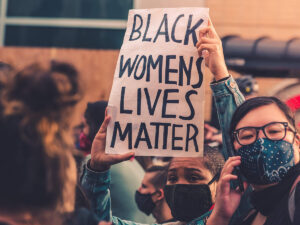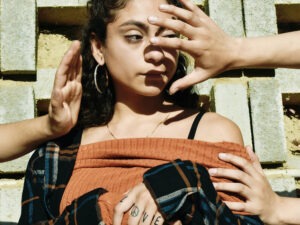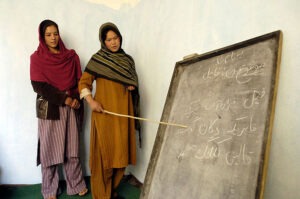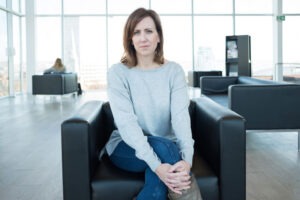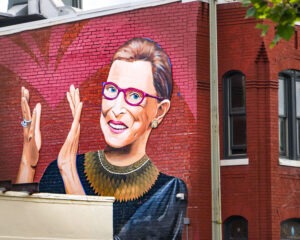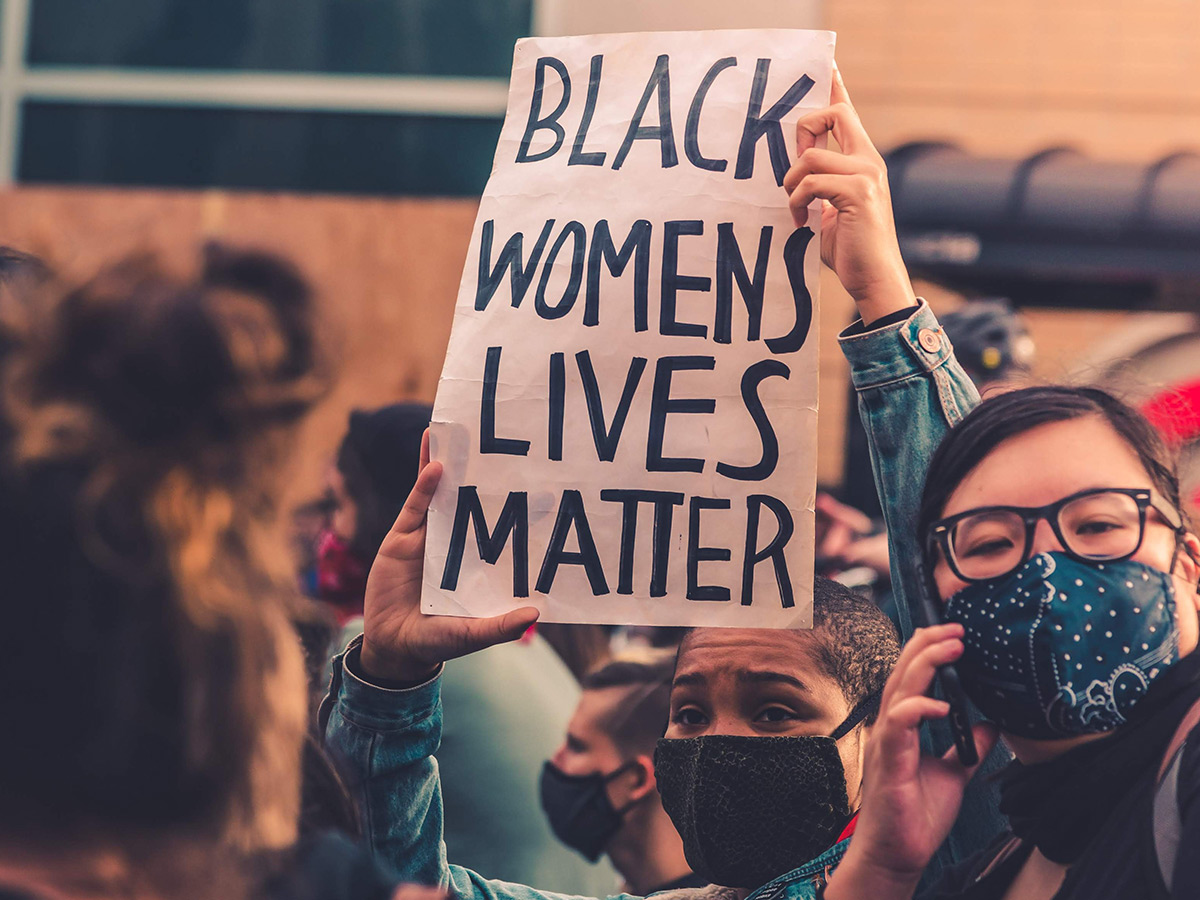August 22, 2016; Daily Beast
In comedy, it’s often warned that anyone is susceptible to becoming a punch line. Especially in the world of stand-up, those who are easily offended might be better served staying home and watching a movie more appropriate for all tolerance levels. However, according to a Daily Beast article published this week, very few comics and comedy-goers are laughing about the recent accusations that New York-based headliner Aaron Glaser is the perpetrator of a series of sexual assault incidents, including the continued rape of fellow female performers.
In a Facebook post that has since been deleted, Glaser expresses his innocence and claims he is instead the victim of a “witch-hunt” that led to his permanent ban from the Upright Citizens Brigade (UCB) Theatre, a popular venue frequented by comedy fans. On the heels of the widely publicized Bill Cosby sexual assault cases, these allegations involving yet another supposedly funny guy have many female comedians once again speaking up about the alleged misogyny and rape culture of the comedy community.
The accusations against Glaser were first posted in a private Facebook group created by and for female comedians. Gina Ippolito, a comedian from Los Angeles who helps run similar groups, told the Daily Beast that while some may not consider an online forum optimal for the exchange personal experiences of sexual assault and rape, they are for now the best option women have. “The groups have connected women with the same abuser and made it possible to see a pattern of violence that would otherwise have remained invisible for who knows how long.”
The choice to use a digital platform to anonymously share such information is not new and is in fact becoming increasingly common in the comedy community and beyond. This summer, the 23-year-old victim in the Stanford rape trial turned to Buzzfeed News to publish the heart-wrenchingly honest letter she read to her attacker in the courtroom. Her brave words had an identity all their own and helped unite countless victims of similar crimes. Athena Pelton is just one of these victims who, empowered by a fellow survivor’s courage and comforted by an activist online community, decided to share her own story via a public blog.
Sign up for our free newsletters
Subscribe to NPQ's newsletters to have our top stories delivered directly to your inbox.
By signing up, you agree to our privacy policy and terms of use, and to receive messages from NPQ and our partners.
While many believe that social media has helped provide a “virtual safe space” for victims of sexual assault and rape, others contend that these channels will ultimately replace the “typical” first step in reporting such an occurrence—going to the authorities. A recent article posted on Mic.com highlighted responses to the Glaser allegations from other high-profile comedians, including Kurt Metzger, a writer for Inside Amy Schumer, and Michael Che, best known for co-anchoring Weekend Update on Saturday Night Live. In a Twitter post, Che points out the backwardness of the penalty for rape being limited to a ban from a comedy club—a penalty imposed as a result of the Facebook post—rather than what would have presumably been the punishment if the police were involved.
Regardless of the critics, it seems as though using social media to come forward with such allegations provides a sense of virtual justice for certain victims who may otherwise feel at risk of being further wronged by either local police departments with backlogs of untested rape kits or court systems that hand out laughable sentences when a rapist is actually convicted.
While female comedians are intent on maintaining a protected online network that provides support for women as they share their stories of rape and abuse, like Beth Stelling did on her Instagram in 2015, other organizations, like the nonprofit Women in Comedy, aim to empower, connect, and advocate for women in all aspects of their career in the comedy industry. According to the group’s mission statement, the organization strives to “advance and increase women’s voices [and] presence” from professional development to equity in pay and casting opportunities.
As more and more women in comedy—and all professions—continue to choose alternative methods for sharing their traumatic experiences, perhaps the focus should not be on how they come forward, but rather the deeper issues causing them to feel such outlets are their only option. As Kristin Clifford, a comedian from Chicago, told the Daily Beast, “The pressures that keep women from speaking up in the comedy community are similar to those that prevent victims from coming forward all over. Being raped or assaulted is incredibly traumatic, especially if you’re at all aware of how most victims are treated.”—Lindsay Walker


